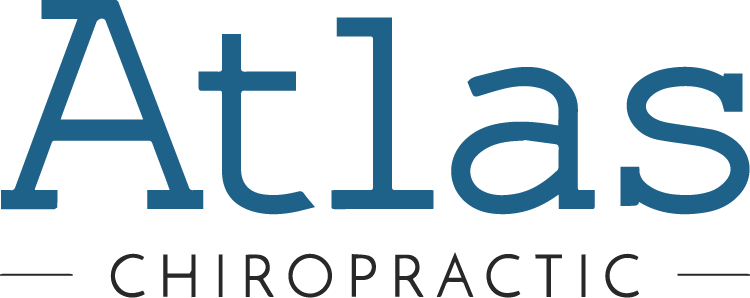70,000,000 people every day suffer from some form of digestive issues:
Heartburn
Indigestion
Acid reflux
Constipation
GERD (gastro esophageal reflex disorder)
Diarrhea
IBS (irritable bowel syndrome)
Abdominal pain
I was astonished when I started to do some research about digestive disorders statistics.
In my office, few people come in telling me that they want care strictly because they have digestive problems. However, as we go through their medical history many of them have some sort of digestive disorder. As we progress though care, patients start to notice that their digestive disorders start to get better and many times go away all together. There are other times when patients never even tell me about their digestive problems until it starts to get better. They say something like “Hey Doc, I’m so glad my migraines are gone, but I have also notice that my digestion is better. Do you think this care is helping with that too!?”
Why yes I do. But how can that be? How can getting adjusted and your nervous system stabilize help your digestion? The answer is in the question. Since we focus on correcting and stabilizing the nervous system we see many changes in our patients. Your brain is the master control system. When your brain is not working properly, many systems in your body, like your digestive system, can have problems.
Let’s talk about how digestion actually works and how the digestive process is controlled. Hormone and nerve regulators control the digestive process. The cells in the lining of the stomach and small intestine produce and release hormones that control the functions of the digestive system. These hormones stimulate production of digestive juices and regulate appetite. Nerve regulators are the other portion that controls digestion. There are two types of nerves that help control the action of the digestive system: extrinsic and intrinsic nerves. Extrinsic, or outside, nerves connect the digestive organs to the brain and spinal cord. These nerves release chemicals that cause the muscle layer of the GI tract to either contract or relax, depending on whether food needs digesting. The intrinsic, or inside, nerves within the GI tract are triggered when food stretches the walls of the hollow organs. The nerves release many different substances that speed up or delay the movement of food and the production of digestive juices.
The main thing to remember is what controls the hormones and the nerve regulators; your brain, like we said earlier, is your master control system. Your brain and nerve system regulate your hormones and communicate with every organ, including your stomach and intestines. A simple way to explain how this works is to use an analogy. Imagine you walk into your house and all of the power is out. You notice that your neighbors have power so it must be something wrong with just your house. Where do you go to try to turn on the power? The fuse box of course! We all know that trying to change the light bulb to get the lights working when the power is off won’t work because the master control center is off.
Your body works in a very similar fashion. If your master control center (your brain) is not working, then you will have a problem in many different areas in your body. Most Americans turn to a temporary solution like: Tums, Pepto-Bismol, or even prescription medication to try to fix the problem. However when people try to fix the problem with just covering up the symptom, they just end up taking more and more medicine with no or little result.
In our office we have a different approach. Our primary goal is to find and correct a problem with your brain and nervous system. The reason that we get great results with patients is because we are focused on getting their body to work better so they can heal and get back to doing the things they love. Most people that come into our office have tried everything and think that they are just “going to have to live with it.” The best part of my job is to tell them that this is simply not true. If you or someone you know has tried everything with little or no results please have them contact me for a free consultation. Just fill out the info and request box on the bottom of this blog. Or simply have them call the office at 303-442-5911 to talk with one of our doctors. There is hope. You can live the life you truly desire.
About Atlas Chiropractic of Boulder
At Atlas Chiropractic of Boulder we are not only concerned about your symptoms, but also you as a person and what is important to you. We know that not everyone’s the same and not everyone has the same goals. It is important to us that we present a chiropractic care plan that works for you and is tailored to you and your health concerns.
We’re a specialty Boulder Chiropractor focused on back pain, neck pain, vertigo, and migraine headaches. Our patients visit our Boulder office from all over Northern Colorado, including, Longmont, Erie, Superior, Lafayette, Niwot, Louisville, Broomfield, and Denver, Colorado.
Contact Atlas Chiropractic of Boulder today to schedule a free evaluation. Specialized upper cervical chiropractic care is by no means a “hail Mary” solution, but if you haven’t yet seen Dr. Bremner, you’re nowhere close to running out of options.

Schedule your FREE 15 minute consultation with Atlas Chiropractic
At Atlas Chiropractic, our Greater Boulder area chiropractors specialize in providing relief for individuals experiencing back, neck, or shoulder pain, as well as those dealing with headaches or vertigo. We offer specialized chiropractic care and tailored spinal adjustments, along with expert opinions and advice.





